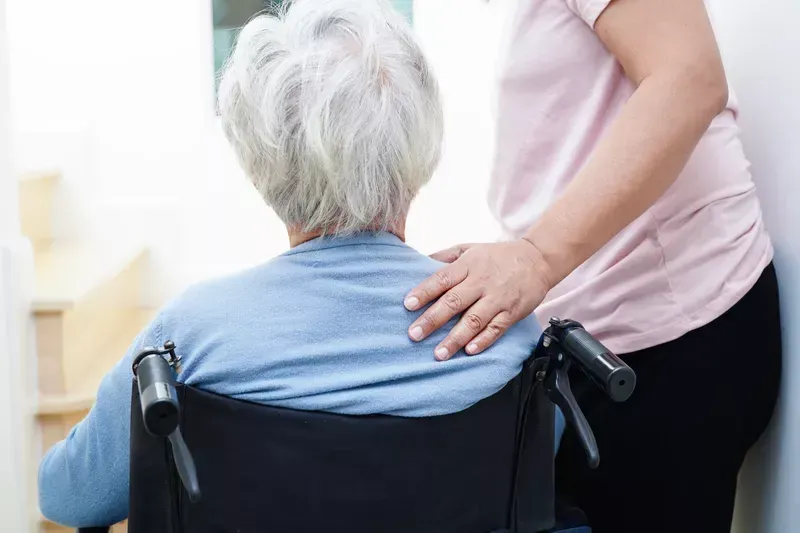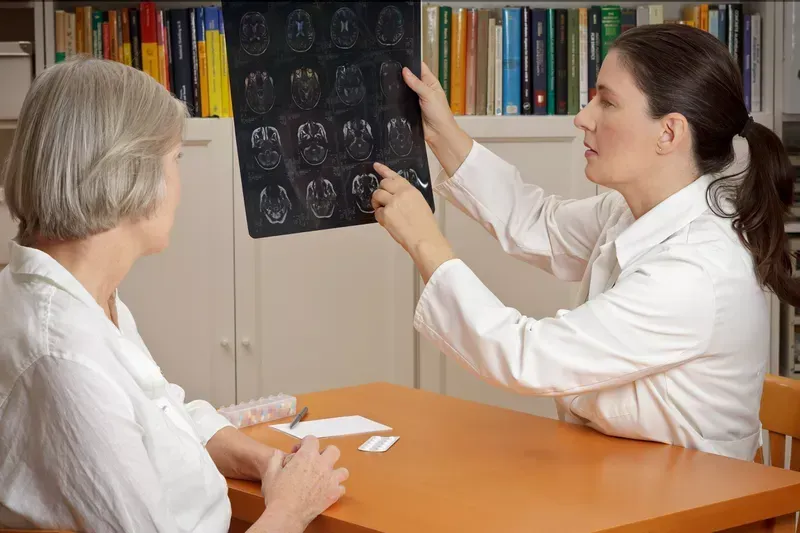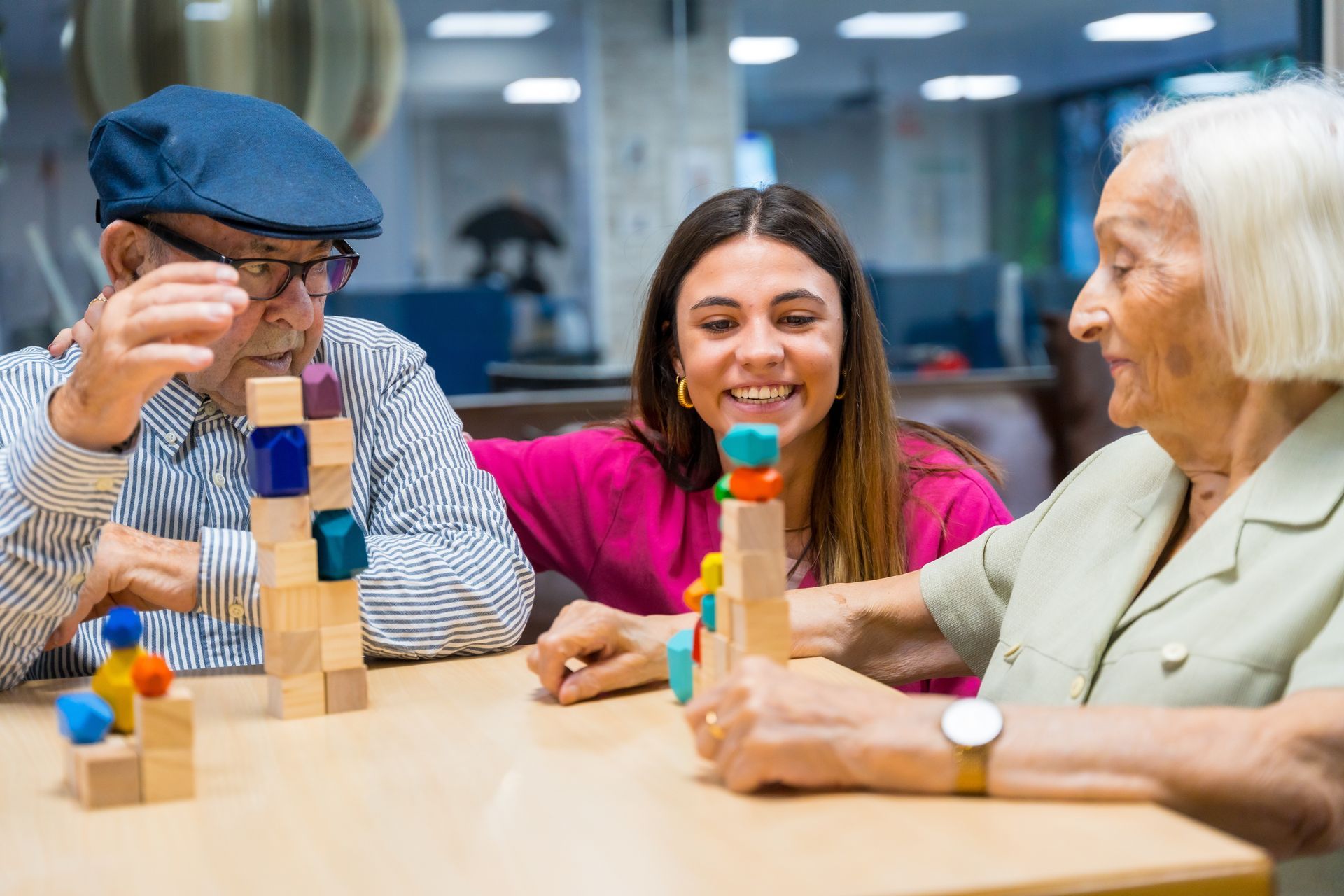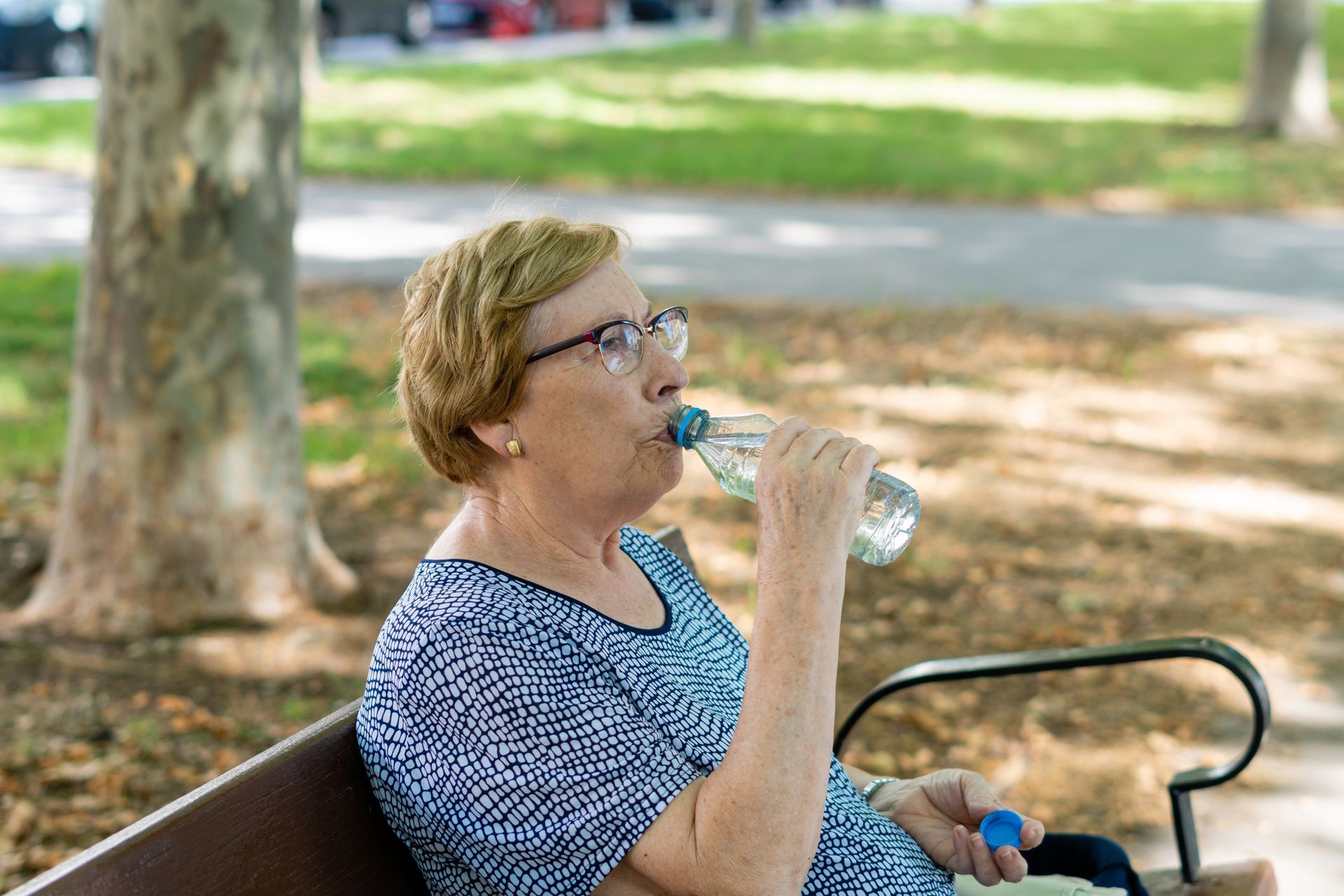BLOG
Understanding the Latest Research on TBI Recovery
Traumatic Brain Injury (TBI) remains a critical health concern, particularly for seniors, due to its significant impact on cognitive, physical, and emotional well-being. The effects of TBI can be more pronounced in aging individuals, complicating recovery and long-term care efforts. Research advancements have introduced new methods and technologies, improving recovery outcomes and providing hope for better management of this condition. Understanding these advancements is essential for caregivers, families, and medical professionals focused on senior rehabilitation.
The growing body of research on TBI recovery has shed light on innovative treatments and rehabilitation strategies. Seniors face unique challenges in recovery due to age-related changes, such as reduced brain plasticity and increased vulnerability to complications. By staying informed about the latest findings, caregivers and healthcare providers can offer tailored support that maximizes recovery potential. This article explores the newest developments in TBI recovery and their implications for senior care.
Understanding the Impact of TBI on Seniors
TBI occurs when an external force damages the brain, leading to cognitive, physical, and emotional impairments. Seniors are particularly vulnerable to TBI, with falls being the leading cause of injury among this demographic. The aging process exacerbates the effects of TBI, as the brain's ability to adapt and recover diminishes over time. These age-related factors make early intervention and specialized care essential for adequate recovery.
In addition to physical impairments, TBI can result in memory loss, difficulty concentrating, and mood disturbances, all of which affect daily life. Seniors often face compounding challenges, such as pre-existing health conditions that may worsen the impact of the injury. Understanding these challenges allows caregivers to develop a holistic approach to rehabilitation, addressing the individual's immediate and long-term needs. Comprehensive evaluations and assessments are crucial for creating personalized treatment plans that promote recovery.

Family support also plays a pivotal role in helping seniors navigate the complexities of TBI recovery. Loved ones can provide emotional encouragement and assist in maintaining engagement with therapeutic activities. Educating families about the nuances of TBI recovery further equips them to offer more effective support, fostering a collaborative approach to care. The involvement of a supportive network can significantly enhance a senior's motivation and overall rehabilitation experience.
Timely medical intervention is critical in mitigating the long-term effects of TBI. Prompt diagnosis and treatment enable healthcare providers to implement targeted therapies that address specific deficits. Rehabilitation should ideally begin as soon as the patient is medically stable, maximizing their recovery potential. This proactive approach improves outcomes and reduces the likelihood of secondary complications.
Breakthroughs in Rehabilitation Techniques for TBI
Recent advancements in TBI research have introduced innovative rehabilitation techniques, offering new hope for seniors and their caregivers. Anodal transcranial Electrical Stimulation (A-tES) has emerged as a promising approach, particularly for improving cognitive function and reducing symptoms of depression in TBI patients. This technique involves electrical stimulation to specific brain areas, promoting neural activity and enhancing recovery outcomes. Although still in experimental stages, A-tES holds significant potential for transforming TBI rehabilitation.
Another promising area of research involves neurotrophic compounds, which aim to stimulate brain repair and growth. These small molecule compounds are also being tested in clinical trials and have shown early signs of improving cognitive function and memory retention in TBI patients. By targeting the brain's natural repair mechanisms, these treatments offer a more personalized approach to recovery.
Emerging technologies like virtual reality (VR) also significantly impact TBI rehabilitation. VR provides immersive environments that simulate real-world scenarios, helping seniors practice cognitive and physical tasks in a controlled setting. Studies have demonstrated that VR therapy enhances patient engagement and motivation, improving functional outcomes. As technology evolves, VR is expected to play an increasingly central role in TBI recovery programs.
Another key development is the use of advanced neuroimaging techniques to identify biomarkers of brain injury. These biomarkers allow healthcare providers to assess the severity of TBI and monitor recovery progress. By identifying specific brain network abnormalities, clinicians can tailor interventions to each patient's unique needs. This precision medicine approach ensures that seniors receive the most effective care possible, improving their chances of a successful recovery.
The Role of Assisted Living Facilities in TBI Recovery
Assisted living facilities offer critical support for seniors recovering from TBI by providing structured environments and access to specialized care. These facilities are uniquely equipped to address the complex needs of TBI patients, ensuring they receive personalized attention and comprehensive rehabilitation services. The stability and consistency offered by these environments play a significant role in enhancing seniors' recovery outcomes.
Individualized care plans are a cornerstone of TBI rehabilitation in assisted living settings. These plans incorporate physical, cognitive, and emotional therapies, addressing the multifaceted nature of TBI recovery. Caregivers ensure that treatment remains effective and aligned with each resident's goals by regularly assessing progress and adjusting interventions. This personalized approach fosters independence and improves quality of life.
Social interaction is another critical component of recovery, and assisted living facilities provide ample opportunities for residents to engage with their peers. Participating in group activities and forming connections within the community can reduce feelings of isolation and improve emotional well-being. This social engagement also serves as a form of cognitive stimulation, particularly beneficial for TBI recovery.
Family involvement is actively encouraged in assisted living facilities, creating a collaborative approach to care. Many facilities offer resources and education for families, helping them understand the recovery process and how to provide adequate support. This partnership between caregivers and families ensures that seniors receive consistent care, both within the facility and at home.
Advancing Cognitive Rehabilitation for Seniors with TBI
Cognitive rehabilitation focuses on restoring mental processes affected by TBI, such as memory, attention, and problem-solving skills. Seniors often benefit from tailored cognitive exercises to rebuild these functions or develop compensatory strategies. Techniques like memory recall activities and structured problem-solving tasks are integral to this form of therapy. Over time, these interventions can significantly improve a senior's ability to perform daily activities independently.

Technology-driven solutions are increasingly important in cognitive rehabilitation. Computer-assisted training programs provide interactive exercises that target specific cognitive deficits, offering real-time feedback to track progress. These tools allow therapists to create customized plans for each patient, ensuring that interventions address their unique challenges. Research shows that consistent use of these programs can lead to meaningful improvements in cognitive performance.
Group therapy sessions provide an additional avenue for cognitive recovery. They combine social interaction with structured activities, enabling seniors to share experiences and learn from their peers, fostering a sense of community. Participating in group-based rehabilitation can boost motivation and encourage active engagement, which is crucial for achieving positive outcomes.
Incorporating real-world scenarios into therapy sessions helps seniors generalize learned skills to everyday situations. Activities such as managing finances or planning meals are practical exercises reinforcing cognitive abilities. This approach enhances functional independence and builds confidence in navigating daily challenges.
Physical Rehabilitation and Mobility Support for TBI Recovery
Physical rehabilitation is essential for addressing motor impairments that often accompany TBI. These programs focus on improving strength, balance, coordination, and overall mobility, helping seniors regain physical independence. Therapists develop personalized exercise regimens tailored to the individual's needs and abilities, ensuring a targeted approach to recovery. Over time, these interventions can restore functional movement and reduce the risk of future injuries.
Gait training is a fundamental aspect of physical rehabilitation for seniors recovering from TBI. This form of therapy helps individuals relearn how to walk, often using assistive devices like walkers or canes to support the process. Regular practice under the guidance of a physical therapist can improve walking patterns and enhance stability. For many seniors, regaining the ability to walk independently marks a significant milestone in their recovery journey.
Balance training is another critical component of physical rehabilitation, particularly for seniors at risk of falls. Exercises challenging balance and stability, such as standing on one foot or using a balance board, can strengthen key muscle groups and improve coordination. These activities enhance mobility and boost confidence, encouraging seniors to remain active and engaged in their daily lives.
Strength training is often incorporated into physical rehabilitation programs to rebuild muscle mass and improve overall endurance. Exercises like resistance training or weightlifting focus on increasing muscle power, which can benefit seniors recovering from TBI. Enhanced physical strength supports greater independence and reduces the likelihood of injury during daily activities.
Supporting TBI Recovery with Comprehensive Care
The journey to recovery from TBI is complex, requiring a multidisciplinary approach that addresses cognitive, physical, and emotional needs. Assisted living facilities play a vital role in this process by offering tailored care plans, innovative therapies, and a supportive environment. With access to the latest advancements in rehabilitation techniques, seniors can improve their quality of life.
Assured Senior Living provides exceptional care for seniors recovering from TBI, prioritizing personalized support and cutting-edge rehabilitation strategies. Their dedicated team works closely with residents and their families to ensure optimal recovery outcomes. Contact Assured Senior Living today to learn more about their specialized services and how they can support your loved one’s journey to recovery.















